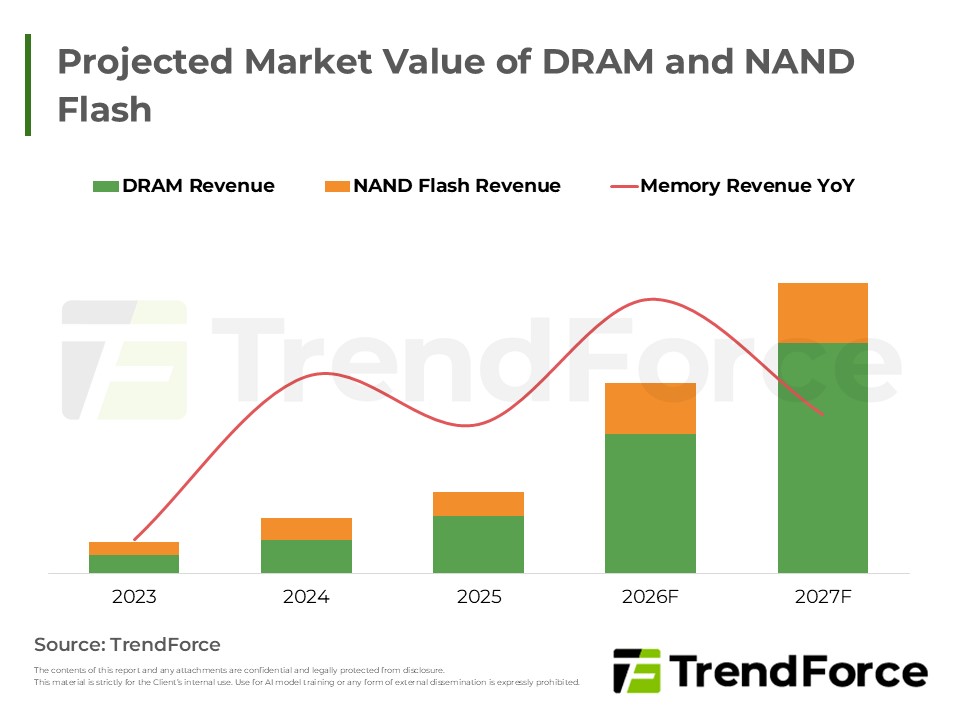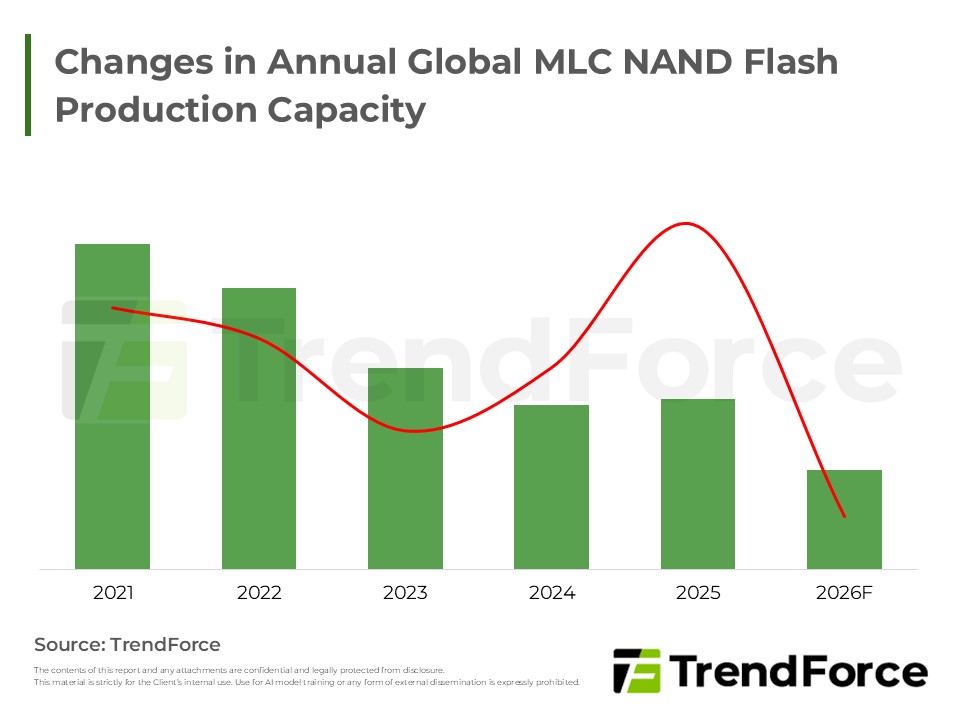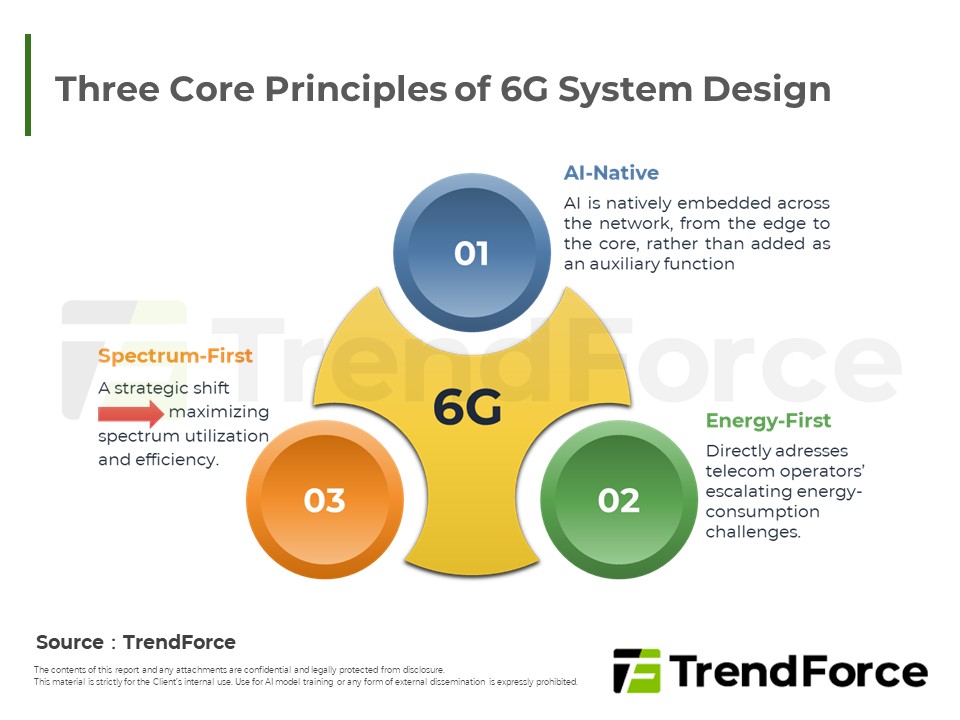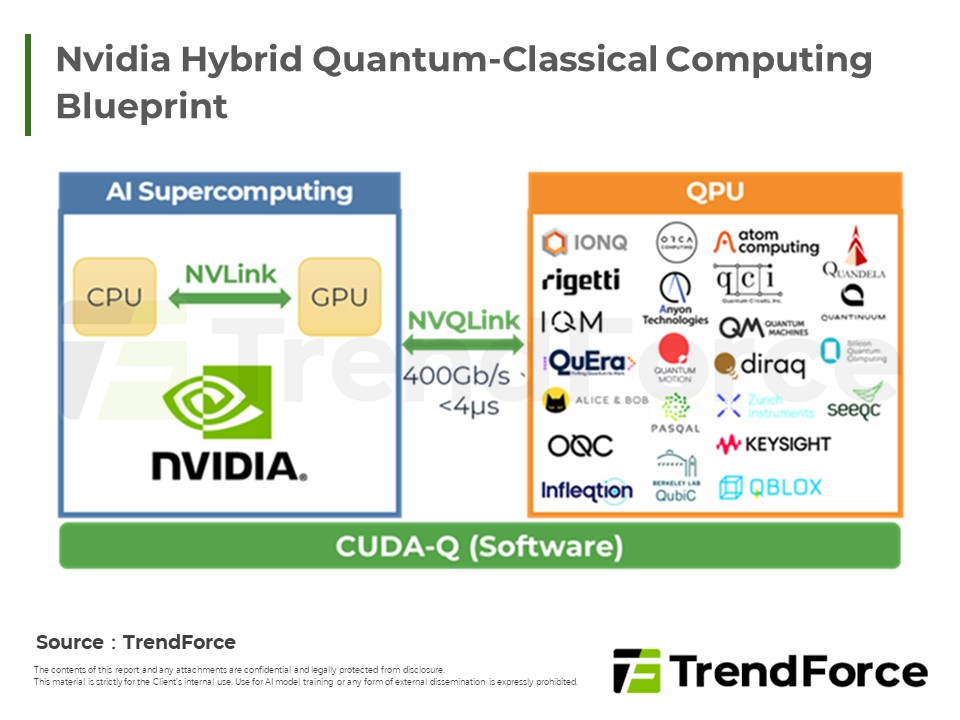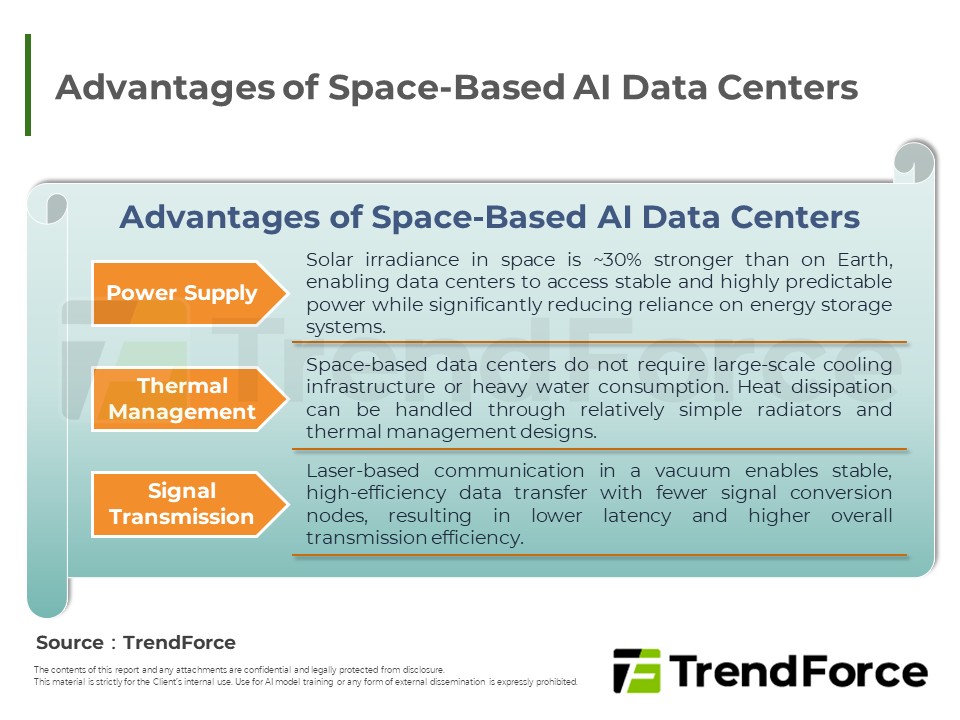Analysis of the Impact of U.S. Ban on Chinese Automotive Software and Hardware
Last Modified
2025-01-24
Update Frequency
Not
Format
Summary
On January 14, 2025, the U.S. Department of Commerce issued a final rule prohibiting the import and sale of vehicle connectivity system (VCS) hardware and software, as well as automated driving system (ADS) software, from entities associated with China and Russia. The final rule further defines the scope of restrictions and exemptions. However, the implementation timeline remains unchanged, with the software ban set for 2027 and the hardware ban for 2030. Under the ban, in addition to impacting Chinese autonomous driving companies and related component suppliers, it will also affect the deployment strategies of international automakers. However, Taiwanese manufacturers have an opportunity to receive order transfers, particularly in the supply chain for telematics control units (TCUs).
Table of Contents
1. Overview of the U.S. Ban on Chinese Automotive Software and Hardware
(1) The software ban will take effect in 2027, while the hardware ban will be implemented in 2030
(2) Early measures to prevent Chinese supply chain entry into the U.S.
2. Analysis of the Impact of the U.S. Ban
(1) Chinese companies face barriers in deploying autonomous driving technology in the U.S.
(2) The collaboration benefits between international automakers and Chinese
automakers/suppliers cannot be maximized
(3) Taiwan's business opportunities under the "China+1" strategy
(4) Other countries following suit with supply chain reviews
3. Overseas Expansion of Chinese Autonomous Driving Companies
(1) WeRide
(2) Pony.ai
(3) Momenta
4. TRI's View
(1) The U.S. ban will gradually take effect starting in 2027, with the possibility of further
restrictions
(2) The ban prevents international automakers from maximizing collaboration benefits with
Chinese automakers
(3) Taiwanese manufacturers may have opportunities for order transfers, with overseas factories
being the key to securing future orders
(4) European, Middle Eastern, and other overseas markets have become the top choices for
Chinese autonomous driving companies' commercial deployment
<Total Pages:13>

Category: Automotive & EV
Spotlight Report
-
AI Reshapes Memory: Market Revenue to Peak by 2027

2026/01/20
Selected Topics

PDF
-
High Server DRAM Demand Drives Expansion by Major Suppliers

2025/11/24
Selected Topics

PDF
-
CSP CapEx Fuels 12.8% Server Growth: 2026 Forecast

2025/12/18
Selected Topics

PDF
-
MLC Supply Cliff: Majors Exit & MXIC's Gain

2026/01/06
Selected Topics

PDF
-
Smartphone Production May Drop Over 15%: 2026 Memory Surge Ignites Cost Storm

2026/01/23
Selected Topics

PDF
-
DRAM/NAND Flash 2026 Capex: AI-Driven Revisions, Capacity Limited

2025/11/07
Selected Topics

PDF
Selected TopicsRelated Reports
Download Report
USD $2,000
Membership
- Selected Topics
- Selected Topics-0126_Analysis of the Impact of U.S. Ban on Chinese Automotive Software and Hardware
Spotlight Report
-
AI Reshapes Memory: Market Revenue to Peak by 2027

2026/01/20
Selected Topics

PDF
-
High Server DRAM Demand Drives Expansion by Major Suppliers

2025/11/24
Selected Topics

PDF
-
CSP CapEx Fuels 12.8% Server Growth: 2026 Forecast

2025/12/18
Selected Topics

PDF
-
MLC Supply Cliff: Majors Exit & MXIC's Gain

2026/01/06
Selected Topics

PDF
-
Smartphone Production May Drop Over 15%: 2026 Memory Surge Ignites Cost Storm

2026/01/23
Selected Topics

PDF
-
DRAM/NAND Flash 2026 Capex: AI-Driven Revisions, Capacity Limited

2025/11/07
Selected Topics

PDF




